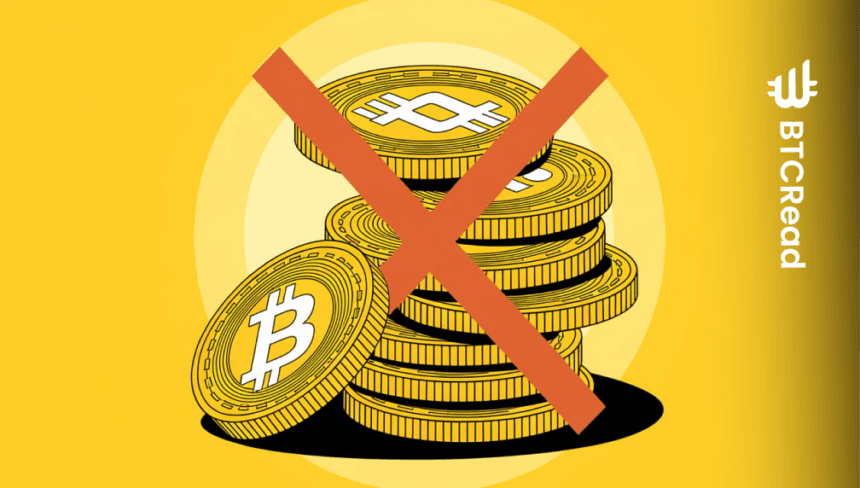South Korea’s largest crypto exchange, Upbit, may face a six-month suspension for allegedly breaching anti-money laundering rules tied to KYC obligations.
The Financial Intelligence Unit informed Upbit of possible sanctions. It includes no new customer registrations while maintaining the operation for the existing users. A final decision is expected on Jan. 21.
The authorities flagged Upbit for failure to satisfy the requirements laid down by the KYC-700,000 incomplete customer verification cases found on the platform.
These violations came into view during the assessment of the Upbit business license renewal. The Special Financial Transactions Act provides for fines as high as 100 million won per case for this kind of violation.
Upbit responds to regulatory allegations
Upbit explained that the sanctions included a ban on new customers’ activities of any kind, particularly transfers outside of the platform. The exchange controls more than 70% of South Korea’s crypto market. It has reassured users that currently open trades are unaffected.
The FIU’s scrutiny also extended to unreported overseas transactions. Regulators accused the exchange of dealing with unregistered foreign virtual business operators, a violation of local laws. An Upbit representative explained that it is hard to identify such unregistered operators on blockchain networks.
Other cryptocurrencies in the region eagerly anticipate the fallout of this disciplinary action, prompting the government to enforce stricter oversight after implementing the Virtual Asset User Protection Act last July.
Participants in the market also express concern that the exchange has not yet secured the renewal of its license, which is require every three years. The existing one was renewed last October, but still pending review. Such sanctions, when imposed, would have far-reaching implications for the operation and positioning in the market.
The FIU said it will hold a sanctions hearing after Upbit files a response by Jan. 20, and a decision may redefine compliance standards for South Korea’s crypto industry.







